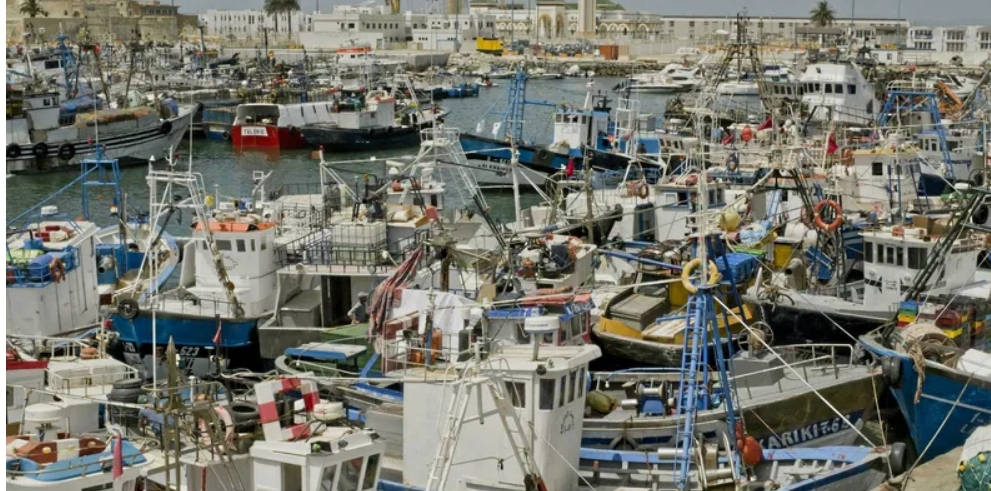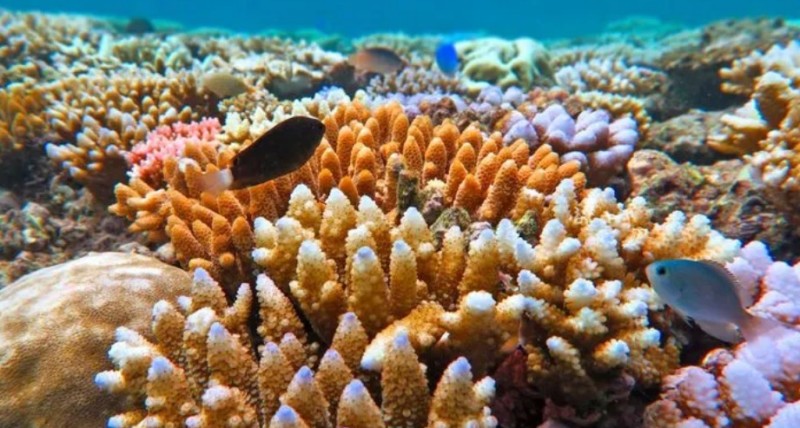EU-Morocco Fisheries Agreement in Turmoil: Shockwaves from EU Court’s Ruling
The European Union Court of Justice’s (CJEU) recent rulings on the EU-Morocco fisheries agreements have sent shockwaves across Brussels, further straining the foundations of the relationship between the EU and Morocco. The legal earthquake, set off by three rulings on October 4, challenges the very underpinnings of Brussels-Rabat cooperation.
Behind closed doors, a senior EU official, speaking anonymously, described the CJEU’s decision as an “abuse of power.” He argued, “What the Court is doing with an individual case is, in effect, attempting to change the EU’s official stance on a foreign policy issue. The Lisbon Treaty does not grant the Court authority to define EU foreign policy—that’s the Council’s role.”
“Judicial Interference” in EU Diplomacy
The high-stakes reaction underscores a deep unease within the European executive. During a meeting of the European Parliament’s Fisheries Committee on October 17, a representative of the von der Leyen Commission took a cautious, even hesitant, stance. “The Commission is still assessing the implications,” he remarked, adding that there was a need “not to confuse speed with haste.” This careful approach contrasts sharply with the urgency expressed by officials from regions directly affected by the CJEU’s decision.
“This is an admission of failure,” asserted Spanish Socialist MEP Nicolas Gonzalez Casares, urging the Commission to “act faster,” given the economic and social stakes for the Spanish fishing fleet and the entire industry. The statistics are revealing: the agreement permitted 128 vessels from 11 EU member states to fish in Moroccan waters. Spain, with 93 vessels, was the primary beneficiary, with 20% of its total fish production coming from Moroccan waters. Gonzalez Casares highlighted the critical situation for Cadiz, the region hardest hit by the CJEU’s ruling.
Putin’s Russia Waiting in the Wings
Beyond the immediate economic concerns, the geopolitical implications loom large. Gonzalez Casares raised fears of a closer alignment between Morocco and Russia should the EU delay its response. These concerns are not unfounded. According to the Spanish news agency Europa Press, the Morocco-Russia fisheries agreement, initially set to expire in September, was extended until the end of the year the day after the CJEU ruling.
This agreement allows Russian vessels an annual fishing quota of 140,000 tons, mainly small pelagic fish, within Morocco’s Atlantic economic zone. Adding to the concern, a joint commission between Morocco and Russia has reviewed terms for a future cooperation that could cover the entire Atlantic coastline, from Tangier to Lagouira—a prospect causing alarm in Brussels and Madrid.
Macron’s Upcoming Visit to Rabat
Amid this legal-diplomatic crisis, France is striving to tread carefully. In a guarded statement, the French Foreign Ministry “took note” of the CJEU rulings while reaffirming France’s “steadfast commitment” to its “exceptional partnership” with Morocco. This delicate balance will be tested during President Emmanuel Macron’s visit to Rabat from October 28 to 30, a likely occasion for diplomatic recalibration.
The CJEU, in its rulings, reiterated that Western Sahara has a “separate and distinct status” from Morocco, in line with the principle of self-determination. The Court argues that any agreement involving this territory must have the consent of the Sahrawi people.
However, the Luxembourg judges opened the door to implied consent, provided two conditions are met: the agreement must not impose obligations on the Sahrawi people and must ensure “specific, substantial, and verifiable” benefits for them.
The ball is now in the European Commission’s court. How can the Commission reconcile the CJEU’s legal demands with the economic and geopolitical realities of a strategic region? Dutch MEP Peter van Dalen from the ECR sovereignist group questions the existence of a “Plan B” from the Commission, while the Greens ask how the Commission intends to consult Sahrawi representatives to comply with the ruling. The challenge is significant, with the future of EU-Morocco relations at stake.



